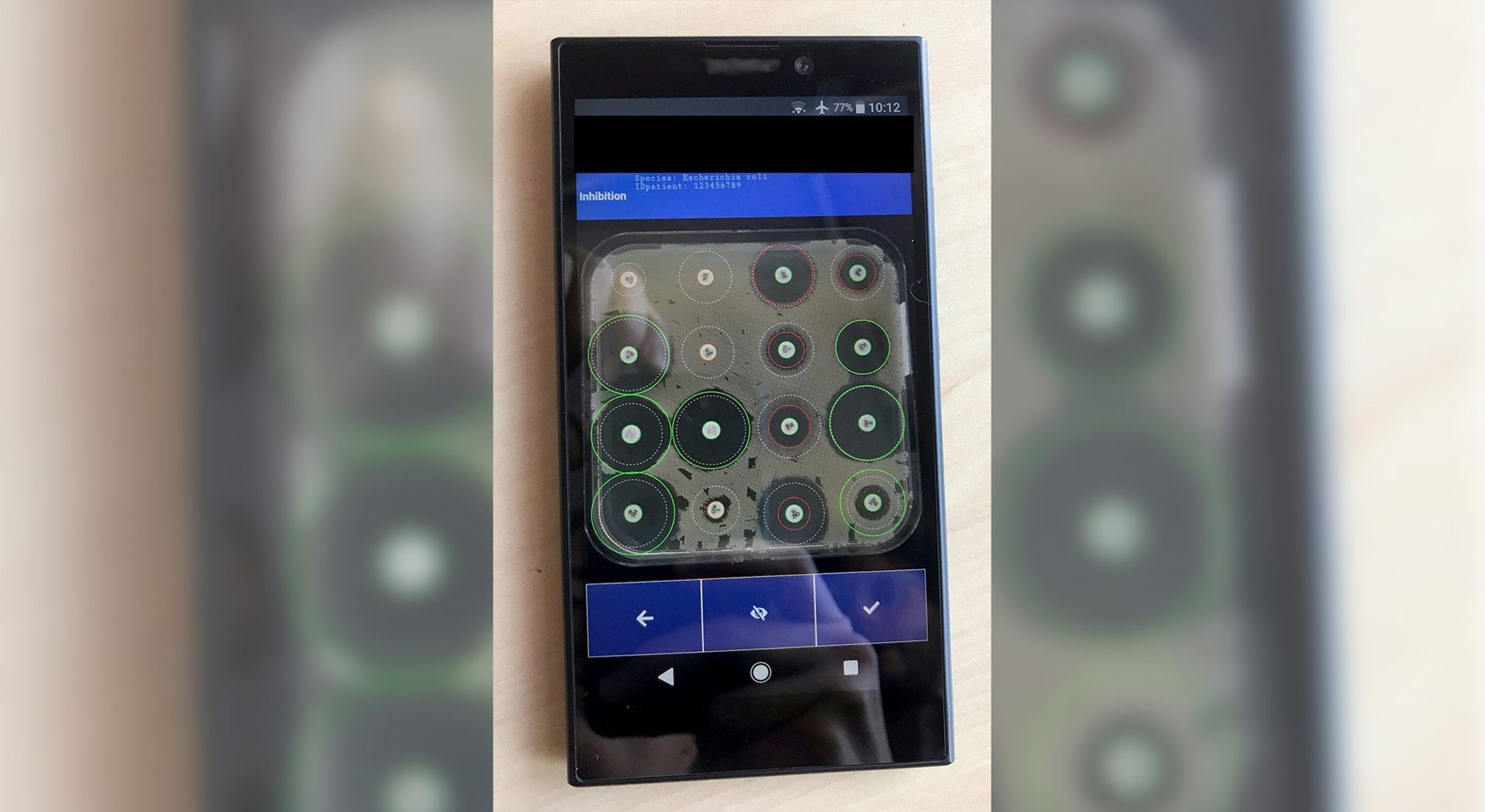MSF Foundation, a specialized entity created by MSF and dedicated to innovation, has been awarded a $1.3 million Google Artificial Intelligence Impact Challenge grant to develop a smartphone app that would help doctors and clinicians diagnose antibiotic resistance in low-resource settings.
The app, known as ASTapp, would use image processing and artificial intelligence technology to make it easier for non-expert microbiologists to interpret tests that measure resistance to antibiotics. This will help guide clinicians on the best course of treatment and better ensure that patients are receiving the most appropriate antibiotics.
Antibiotic resistance (ABR) has been recognized as an international public health challenge and is expected to be the leading cause of death globally in 50 years. One of the main problems fueling resistance is the difficulty in identifying it in parts of the world lacking diagnostic laboratories or the capacity to read and interpret antibiograms tests. These tests determine the susceptibility of bacteria to available antimicrobial medicines and require interpretation by microbiologists, which are in short supply in low-resource settings. This means that antibiograms results given to clinicians often do not accurately reflect a patient’s sensitivity or resistance to antibiotics. This leads to use of broad spectrum antibiotics and inadequate treatment that is not adapted to a patients’ specific sensitivity and resistance profile.
MSF Foundation—a MSF entity which initiates, funds and manages technology and innovation projects to improve care for patients—began an app-based project a year ago to provide health care workers in low-resource settings better options to treat infections. This app would offer MSF staff and other health professionals an offline method to read and interpret antibiotic resistance. Specifically, the app would allow non-ABR expert staff to analyze antibiogram pictures on smartphones or tablets and provide advice for appropriate patient treatment.
The app could also be used to collect ABR data and contribute to resistance surveillance and monitoring efforts worldwide. This aligns with the World Health Organization’s priorities like the Global AMR Surveillance System (GLASS).
The development of the first version of ASTapp is expected to take approximately four months. Before promoting the tool, the team will assess its performance, which will take 8 to 12 months. The team will then correct any issues with the app and train staff to use it in projects all over the world. The total period between the current development phase and
full scale-up is expected to be three years.
ASTapp will be tested in MSF field-based laboratories, beginning with its lab in Amman, Jordan during the last quarter of 2019. ABR is found everywhere we have tested for it, but it is especially prevalent in the Middle East because of the severity of wounds treated by MSF, and the wide availability of over-the-counter antibiotics. ASTapp will then progressively be rolled out to other MSF laboratories throughout 2020, including labs in Yemen, Liberia, Mali, Haiti, and Central African Republic.
Doctors Without Borders/Médecins Sans Frontières (MSF) is a medical humanitarian organization working in approximately 70 countries worldwide to deliver emergency medical aid to people affected by armed conflict, epidemics, natural disasters, and exclusion from healthcare.


